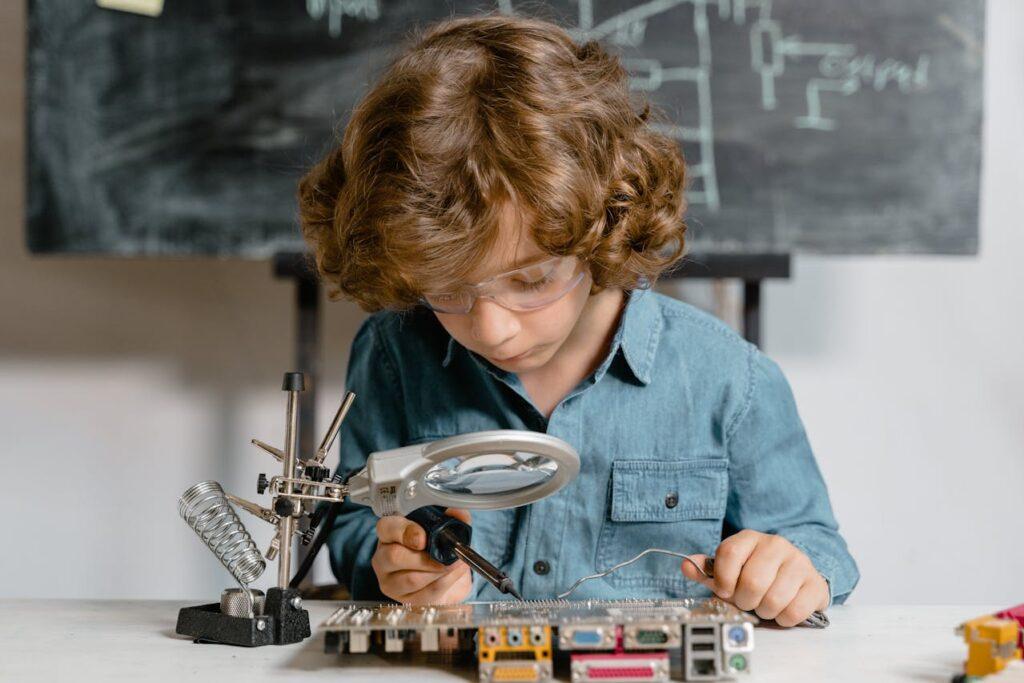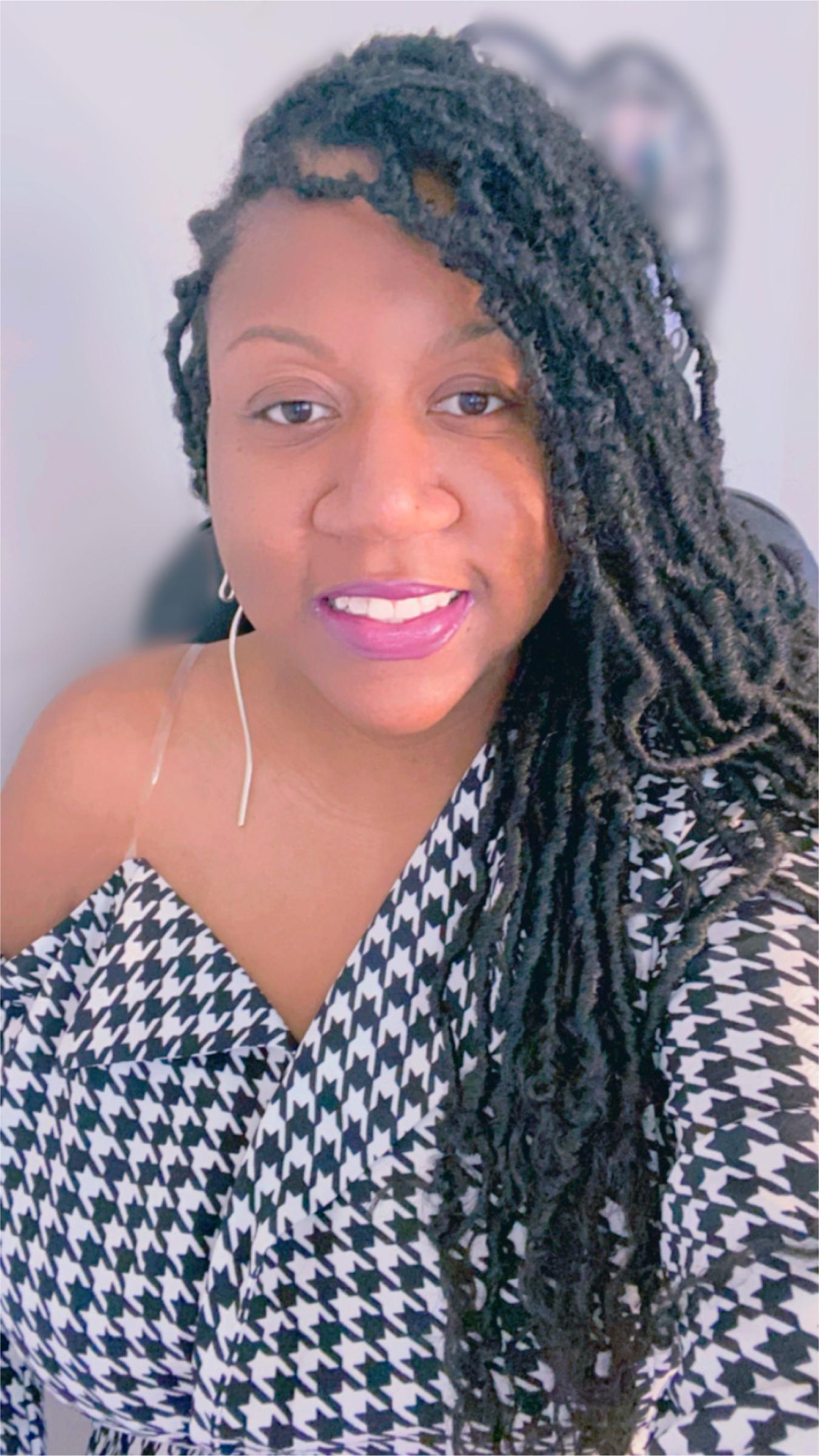Embracing Autism Acceptance Month Through A Lens Of Inclusion And Empowerment

Autism Spectrum Disorder (ASD) is a prevalent disorder that lasts a lifetime. It primarily focuses on how one communicates and interacts with others. According to Autism Speaks, 1 in 31 children in the U.S. have autism. Additionally, in the U.S., about 4 in 100 boys and 1 in 100 girls have autism.
Those living with autism can find success through advocating for themselves by educating peers and supervisors.

What Are The Symptoms And Signs To Be Diagnosed?
“From the pathology paradigm perspective, autism is diagnosed when someone meets three criteria: they have ‘deficits’ in social communication and interaction; ‘restricted’ and repetitive behaviors, interests, or activities; and they must begin when someone is young,” said Lila Low-Beinart, MA LPCC.
“[With] the neurodiversity perspective, someone is autistic when their mind differs significantly from other people,” Lila said.
This is also found to be true when autistic people feel they are out of place, picked on for being different, often feel lonely, and inevitably isolate.
How Does Early Recognition And Help Affect A Person With ASD?
Detecting ASD early means you are getting support early, which is beneficial to all parties involved. An autistic person has a greater potential to be high-functioning throughout life if they are provided with a solid foundation to thrive upon.
“Early recognition can be incredibly supportive,” said Julie Bjelland, neurodivergent psychotherapist, author and founder of Sensitive Empowerment
“When someone knows they are autistic, they can better understand themselves and ask for what they need,” she said.
Julie said without recognition, many of us spend years trying to “fix” ourselves, feeling broken or flawed. We might push ourselves to mask in social or work settings, which can lead to long-term burnout, anxiety, depression, and even physical health issues.”
What Does ASD Acceptance Look Like?
“It looks like moving beyond simply being aware of autism towards creating knowledge, attitudes, and spaces that are not only accessible, but welcoming of autistic people,” said Lila. “Feeling a sense of belonging is a core human need that autistic people often do not experience due to discrimination against us. We need people to actively do their inner work to dismantle ableism and the effects it has on all of us, not just disabled people.”
What Should People Know About ASD From A Non-Stigmatized Lens?
“That we are not broken,” said Julie. “The challenges we face often come from trying to survive in a world that doesn’t accommodate or understand us, not from being autistic.”
So much energy is still spent on researching the “cause” of autism, as though it’s something to cure or prevent.
Julie said she believes energy and funding should be focused on teaching understanding, creating inclusive environments, and offering support for neurodivergent people of all ages.

The Immense Power And Brilliance Of Those With ASD
“Autistic people often have an incredible ability to focus, to think creatively, and to feel deeply,” Julie said. “Many of us are truth-seekers, artists, scientists, healers, and visionaries. We bring unique insights and notice details others overlook.”
Julie said passion and dedication can lead those who have ASD to develop deep expertise in areas they love. What some people call ‘obsession’ is often where they find meaning and purpose.
“I see autistic people as being highly gifted in one or more ways,” said Lila. “I like to say that giftedness is often thought to be a function of intellectuality plus processing speed plus the ability to communicate that. However, this misses so much of autistic giftedness. I find that most of my autistic clients are sensorily gifted, and that they often are additionally emotionally, intellectually, existentially, or creatively gifted as well.”






